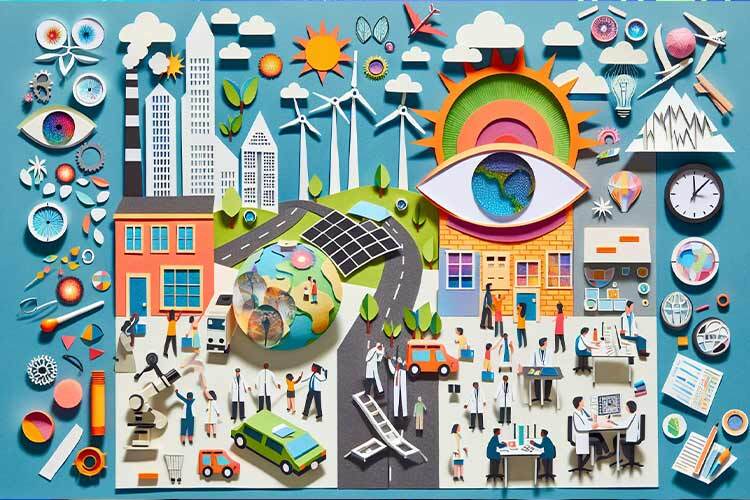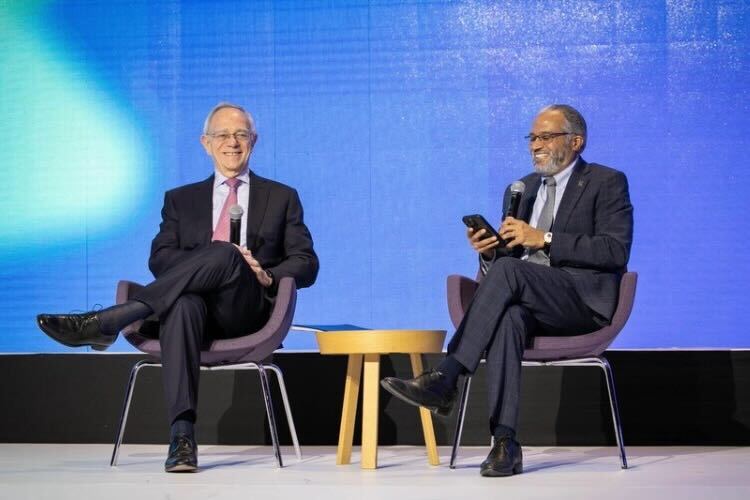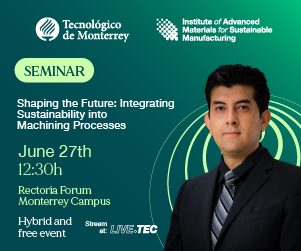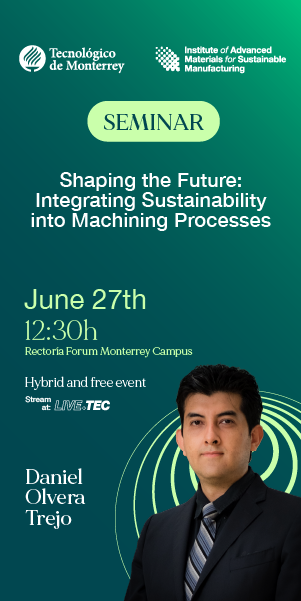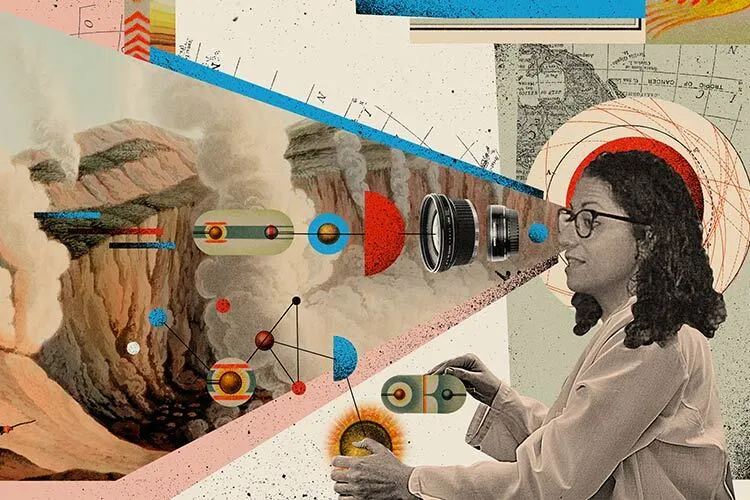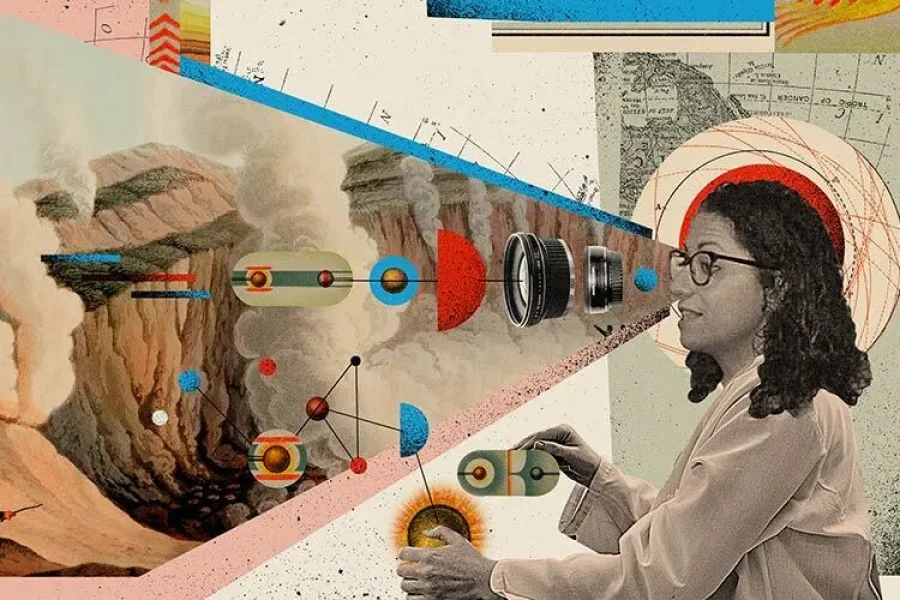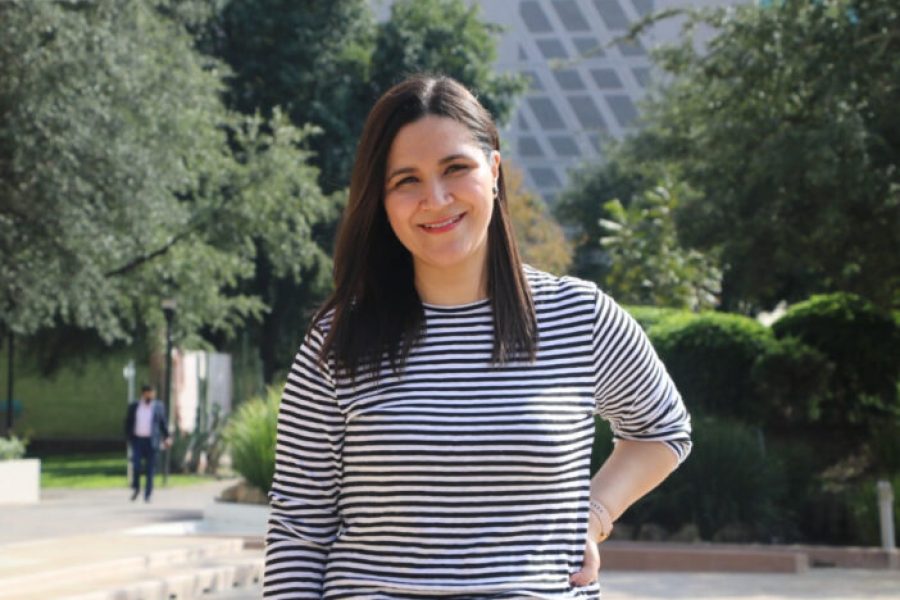According to researcher Cecilia Treviño Quintanilla, plastic is the most perfect material. However, she says the problem is that this material is being used in the wrong way.
“People hear the word plastic, and it scares them. We’ve demonized it. But plastic isn’t the enemy”, explains who is a researcher at the Institute of Advanced Materials for Sustainable Manufacturing of Tecnológico de Monterrey.
“It’s a perfect material because it’s very cheap, with good mechanical properties, and is easy to process. But mankind’s biggest mistake was using a material that lasts millions of years for disposable purposes. It’s ridiculous,” she says.
The polymer specialist is working on a project to recycle rubber – a material that still cannot be used again once its useful life ends – which is part of the three projects that Tec de Monterrey is working on together with the Southwest Research Institute (SwRI).
“One of the biggest problems is tires and rubber. They are single molecules because they have so many bonds that the rubber can’t be recycled. For example, when tires are discarded, they’re used to make cement or burned as fuel,” she says.
The possibility of recycling tires
“It’s about turning plastic into our friend”, says Treviño.
The project involves degrading rubber with a new catalyst made from ruthenium, which only requires raising the temperature to 40 degrees Celsius. The resulting product is expected to produce lubricants or a more sustainable type of rubber.
“Polymers are like chains. The difference in this process, called metathesis, is that it’s done at low temperatures, ambient pressure, and in nitrogen. In this process, you can choose the size into which you’re going to divide the molecule, thus creating polyols”, she says.
“It’s not only to degrade the rubber but to degrade it to a desired size. They can be used for lubricants, or you can create other bio-based rubber, which is sustainable,” she explains.
One of the research objectives is to carry out this process with rubber and then use it on vulcanized tires. Perhaps in the future create a factory in which tons of rubber and tires can arrive for recycling.
Fighting air pollution
Carbon dioxide capture is another Tec Research project in conjunction with SwRI.
By using organic waste such as walnut shells and corn stover, they are attempting to obtain a material called biochar, which could be used for CO2 absorption.
Ladislao Sandoval Rangel, a specialist in sustainable processes, explains that it is about discovering the best conditions to obtain better-quality biochar. Furthermore, to obtain a higher yield in pyrolysis, which generates different substances.
“There are many variables that can be modified to discover which generates the greatest amount of biochar and which is of better quality,” he adds.
According to the professor, the idea is not only to use agricultural waste such as walnut shells, which are abundant in northern Mexico but also to try using urban waste such as polyurethane plastics.
Subsequently, the research aims to perfect biochar to clean the air in our cities.
“Biochar has certain characteristics, but it has to be activated with a chemical process in order to make new properties that allow it to capture CO2 from the environment or from chimneys where there are a lot of emissions. On its own, it doesn’t absorb much carbon dioxide, but we’re studying the method to improve its capacity,” explains Sandoval Rangel.




